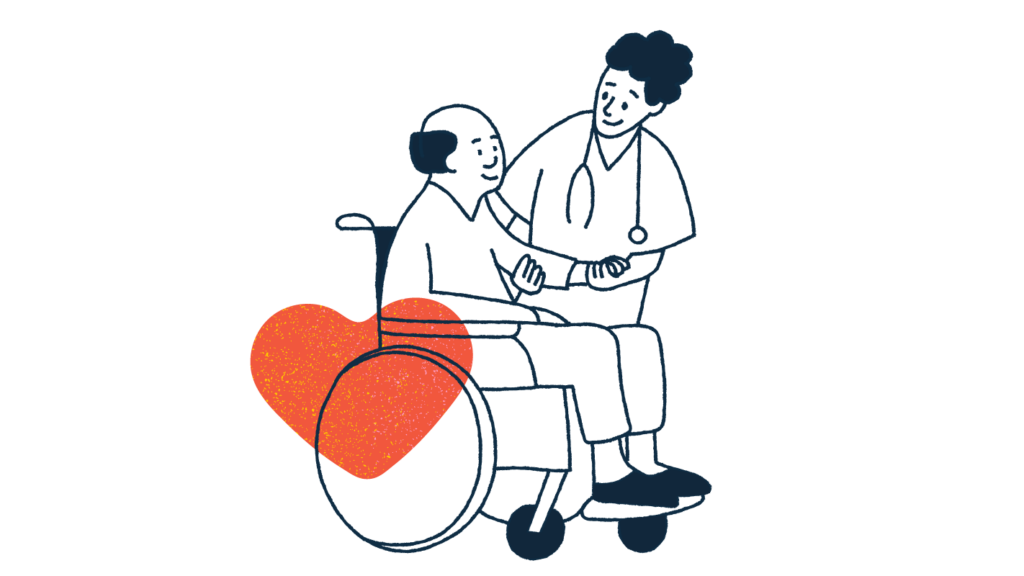The Sanctuary Charlotte Care Home: Personalized Aid
Vital Guide to Memory Treatment Services in Assisted Living Neighborhoods
Navigating the landscape of memory care services within assisted living neighborhoods needs a nuanced understanding of the customized programs and assistance systems available. By checking out the complexities of these important components, a much deeper understanding right into the alternative strategy of memory treatment services in assisted living neighborhoods arises, shedding light on the detailed assistance available to those in need.
Specialized Memory Treatment Programs
Specialized memory treatment programs within assisted living neighborhoods play an essential function in supplying customized assistance for individuals with cognitive impairment. These programs are particularly created to fulfill the distinct needs of residents encountering memory-related challenges such as Alzheimer's and mental deterioration. By concentrating on personalized treatment plans, specialized team training, and producing a secure and revitalizing setting, these programs aim to enhance the lifestyle for locals while promoting self-reliance to the fullest level possible.
The core parts of specialized memory treatment programs frequently consist of organized day-to-day routines, memory-enhancing activities, and sensory stimulation to engage locals cognitively and emotionally. Additionally, these programs generally supply specialized dining choices, medicine administration support, and assistance with tasks of everyday living to make sure detailed look after residents with differing levels of cognitive decline.
Staff Training and Qualifications
Reliable team training and qualifications are essential components of guaranteeing high-quality treatment for citizens in memory care programs within assisted living neighborhoods. Team participants functioning in memory care systems must undertake specific training to comprehend the distinct needs of residents with mental deterioration and Alzheimer's disease.

Environment Adjustments for Memory Treatment
To make certain a comprehensive technique to care that addresses both staff experience and physical surroundings, the setting in memory care units should be thoughtfully adapted to meet the one-of-a-kind requirements of locals with mental deterioration and Alzheimer's illness. The Sanctuary assisted living charlotte. Producing a dementia-friendly atmosphere includes making details adjustments that can help citizens really feel risk-free, comfy, and engaged
One crucial element of environment adjustments is guaranteeing safety and security and safety. This consists of applying actions such as secured exits and access to avoid citizens from straying, installing handrails and get bars for assistance, and reducing journey threats throughout the space. Furthermore, making use of color-coded signs, clear signage, and familiar things can assist residents browse their surroundings extra quickly.
In addition, developing a homelike and soothing ambience is vital for promoting well-being. This can be accomplished through using all-natural illumination, comforting shades, comfortable furniture, and familiar designs. Creating rooms that are very easy to browse and advertising independence through attributes like memory boxes and aesthetic reminders can additionally boost the lifestyle for homeowners with memory impairments. By executing these atmosphere adaptations, aided living communities can supply a helpful and nurturing setup for individuals with mental deterioration and Alzheimer's illness.
Restorative Activities and Involvement
Interaction in purposeful healing tasks plays an important role in enhancing the wellness and cognitive feature of people living in memory treatment units. These tasks are very carefully designed to boost memory, cognition, and social communication amongst residents. Healing tasks can range from sensory excitement exercises to reminiscence therapy sessions, art and music therapy, physical exercise programs, and cognitive games. Each activity is tailored to meet the specific needs and capacities of the citizens, advertising a sense of success and self-worth.
Participation in therapeutic tasks not only assists people keep cognitive abilities yet additionally offers social and emotional advantages. Taking part in these activities can minimize feelings of anxiety, anxiousness, and isolation frequently experienced by individuals with memory disabilities. Additionally, these tasks give an organized routine and a feeling of objective for homeowners, adding to a general improved quality of life.
Memory treatment neighborhoods frequently have committed team learnt helping with restorative tasks, ensuring that homeowners receive individualized and meaningful interaction that supports their emotional and cognitive well-being.
Communication Approaches and Assistance
In facilitating meaningful communications and promoting all natural health for people in memory care systems, reliable interaction methods and assistance play an essential function. Interaction in memory care involves recognizing citizens' one-of-a-kind demands, choices, and capabilities. Caretakers need to use clear and easy language, preserve eye call, and deal peace of mind to advertise understanding and trust. Non-verbal cues such as facial expressions and body movement can also improve interaction with citizens who might have trouble sharing themselves vocally.
Supporting interaction in memory treatment settings expands beyond spoken communications. Visual help, memory hints, and familiar things can help cause memories and promote connections. Developing a calmness and structured setting lowers diversions and confusion, enabling locals to concentrate on communication. read what he said Furthermore, caregivers educated in communication methods for mental deterioration care can browse challenges properly and react empathetically to citizens' emotions and habits.
Conclusion
To conclude, memory treatment solutions in assisted living areas play a critical role in providing specialized treatment and assistance for individuals published here with cognitive problems. Through customized programs, qualified personnel, adapted atmospheres, restorative activities, and reliable communication methods, these services purpose to enhance the lifestyle for residents with memory problems. By dealing with the distinct needs of these individuals, memory care services add to developing a encouraging and safe setting that promotes total well-being and comfort.
Effective personnel training and credentials are essential elements of guaranteeing top notch treatment for locals in memory care programs within assisted living areas - The Sanctuary assisted living facilities charlotte nc.Qualifications for team in memory treatment programs normally consist read of certifications in dementia treatment or Alzheimer's treatment, along with appropriate experience in functioning with individuals with memory disabilities. Recurring training and professional advancement opportunities are critical to make certain that team stay updated on the latest ideal techniques in memory care and proceed to supply high-quality assistance to residents with cognitive difficulties. By investing in staff training and credentials, aided living neighborhoods can enhance the general well-being and quality of life for locals in memory treatment programs
